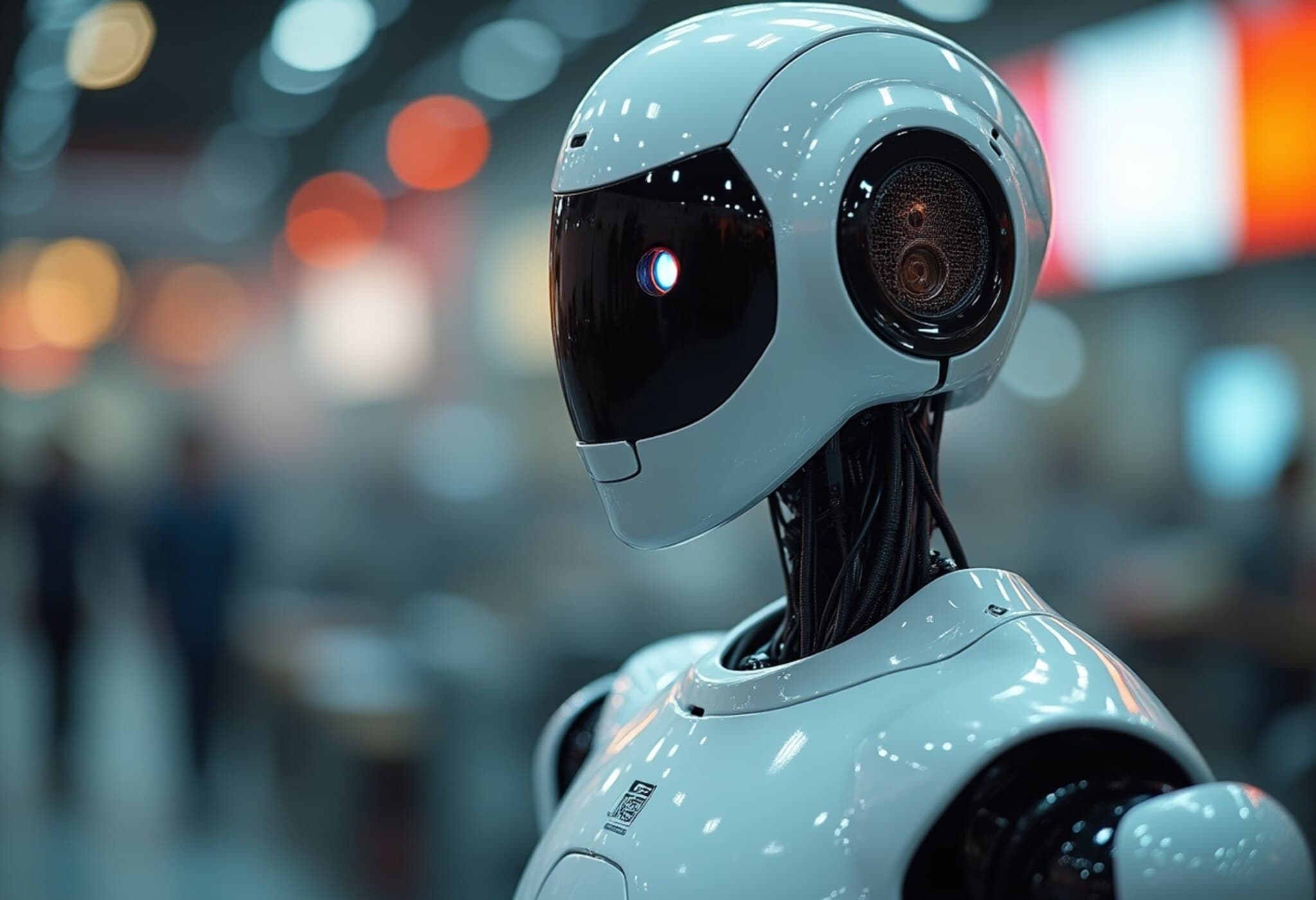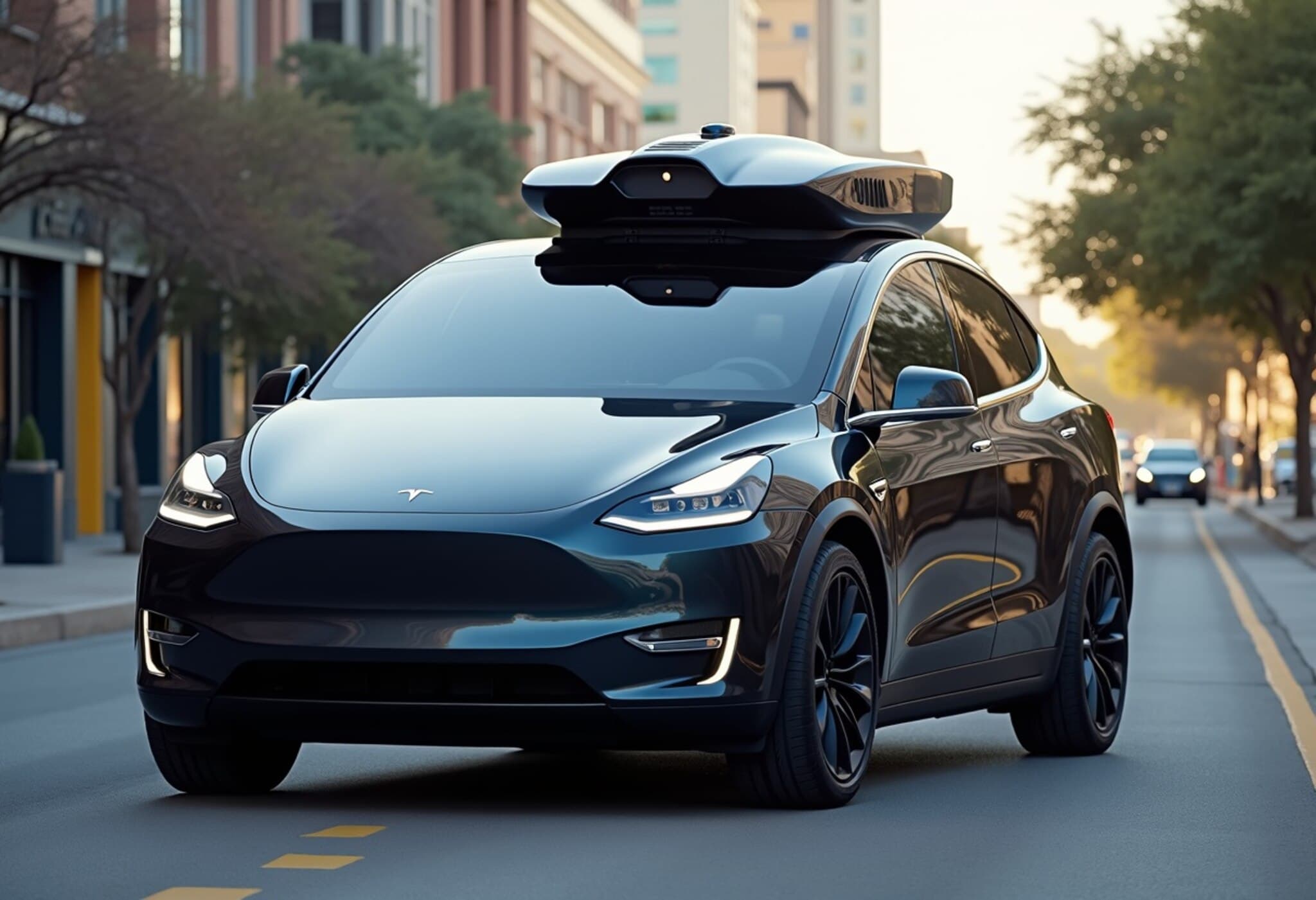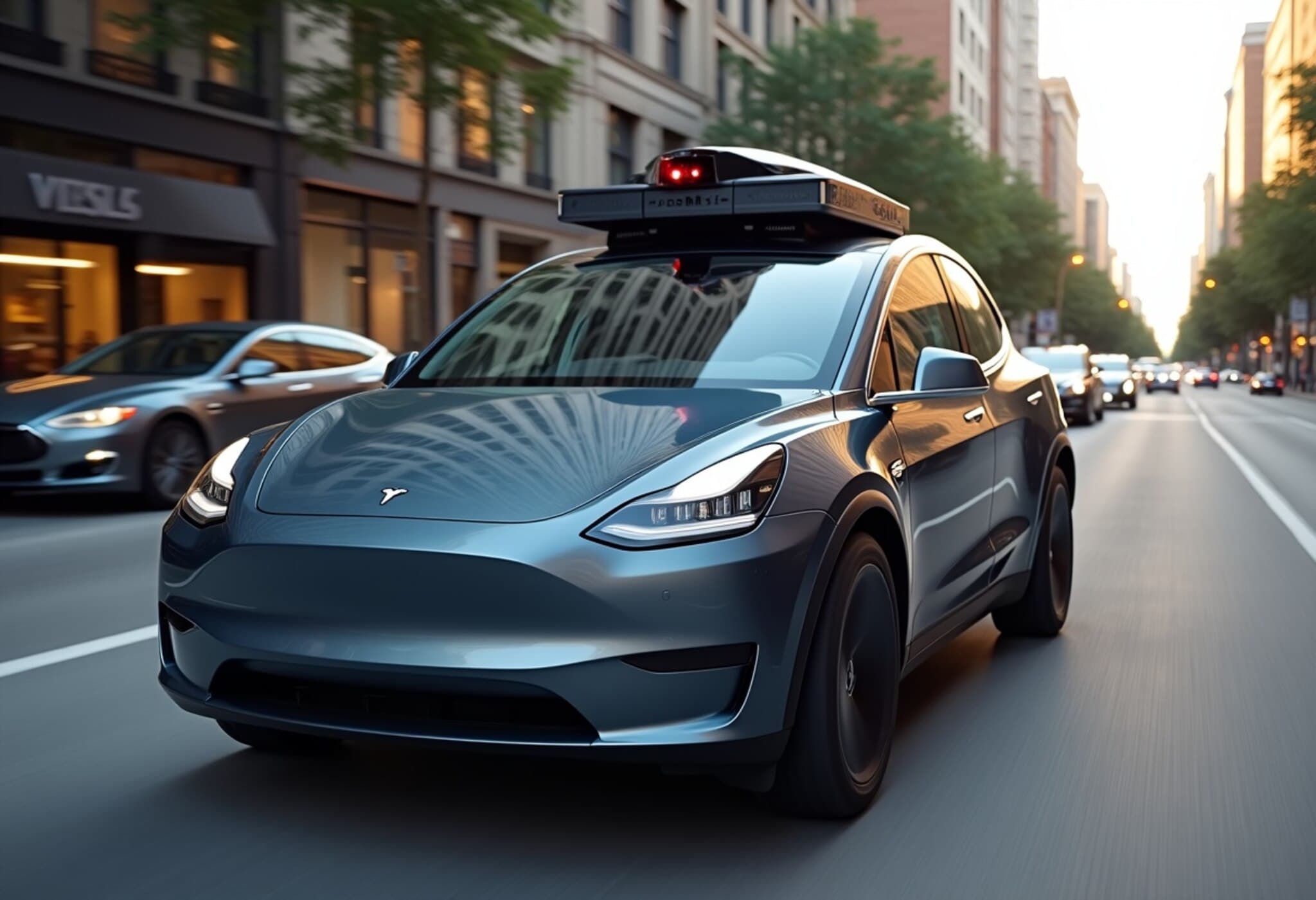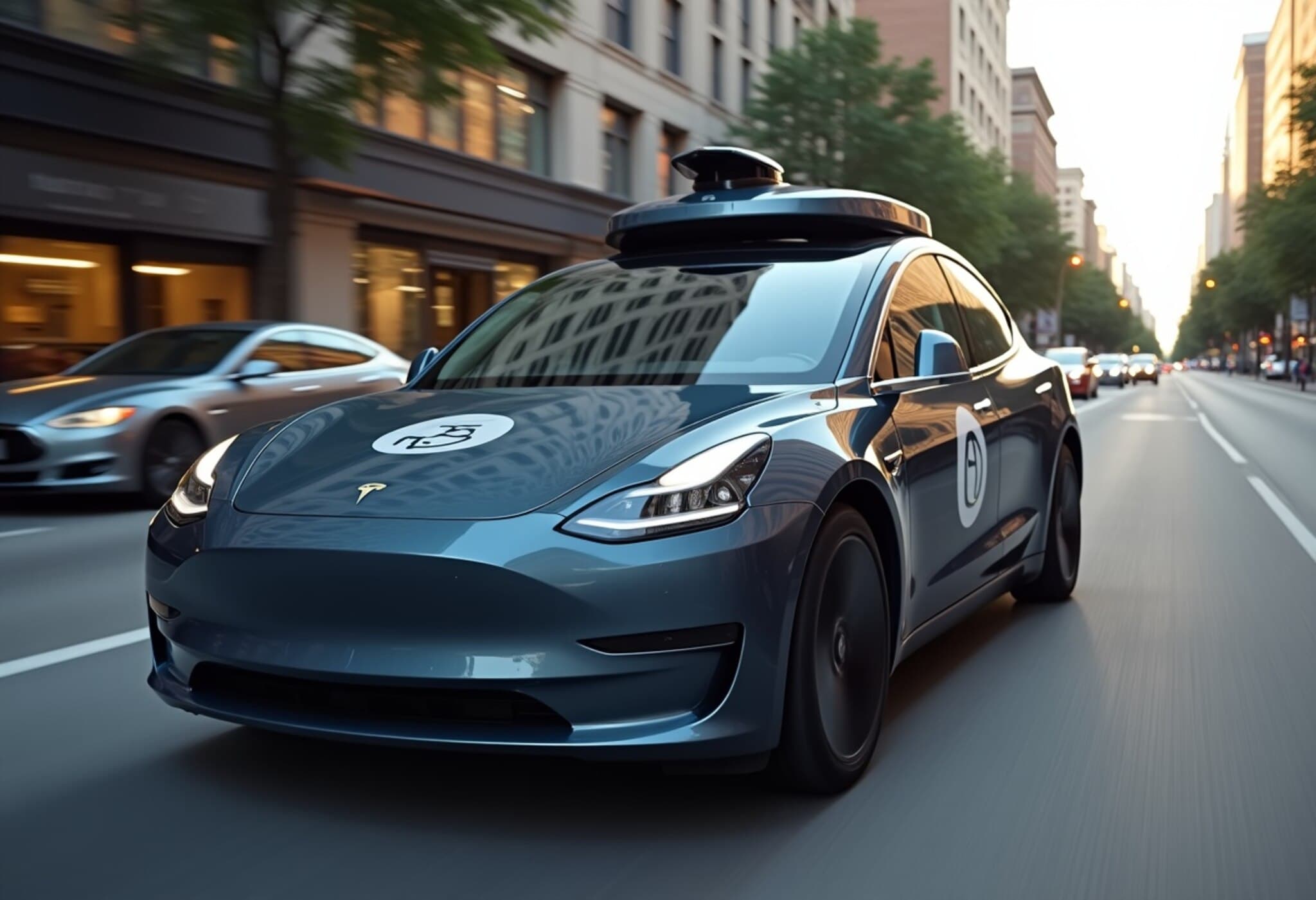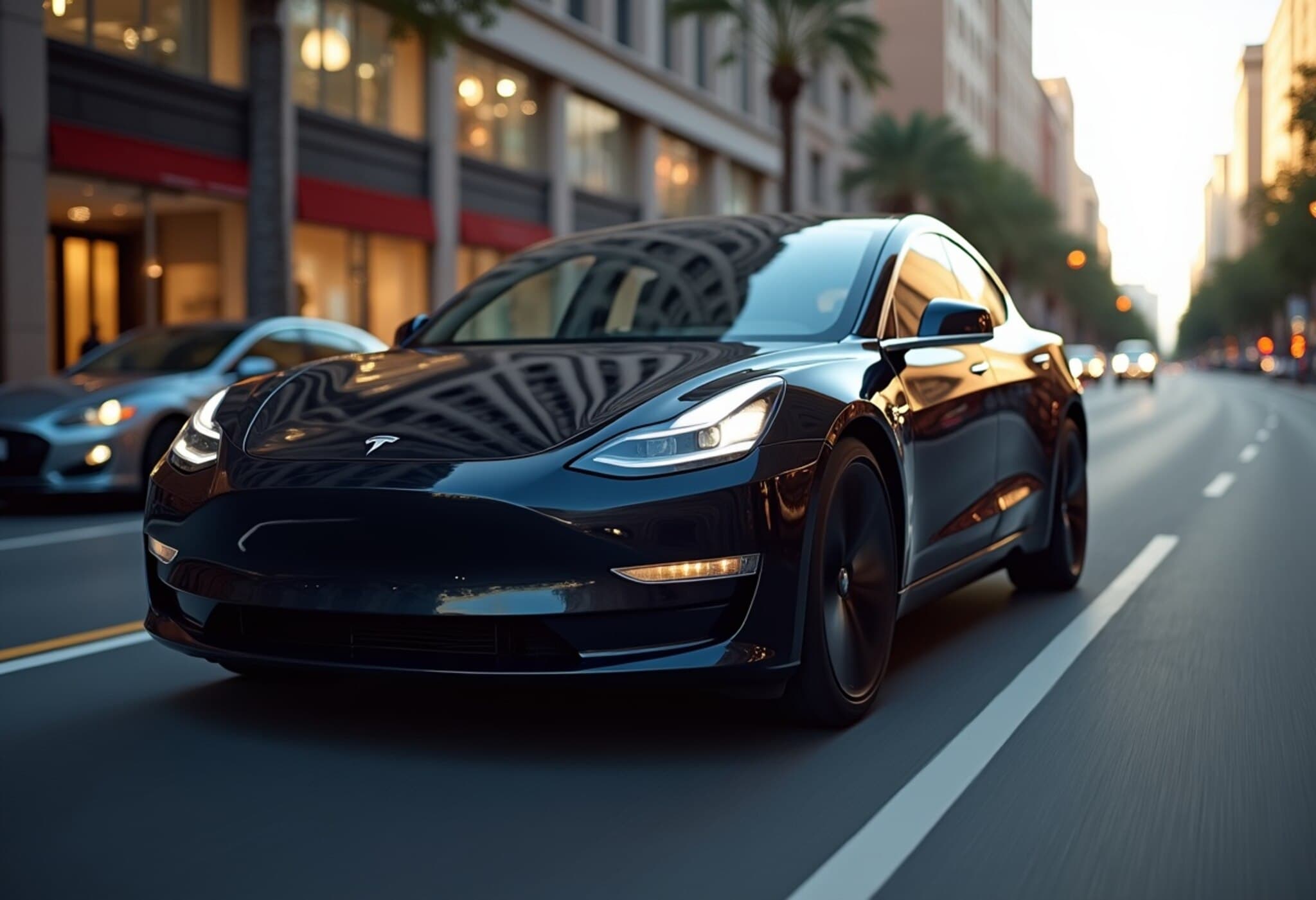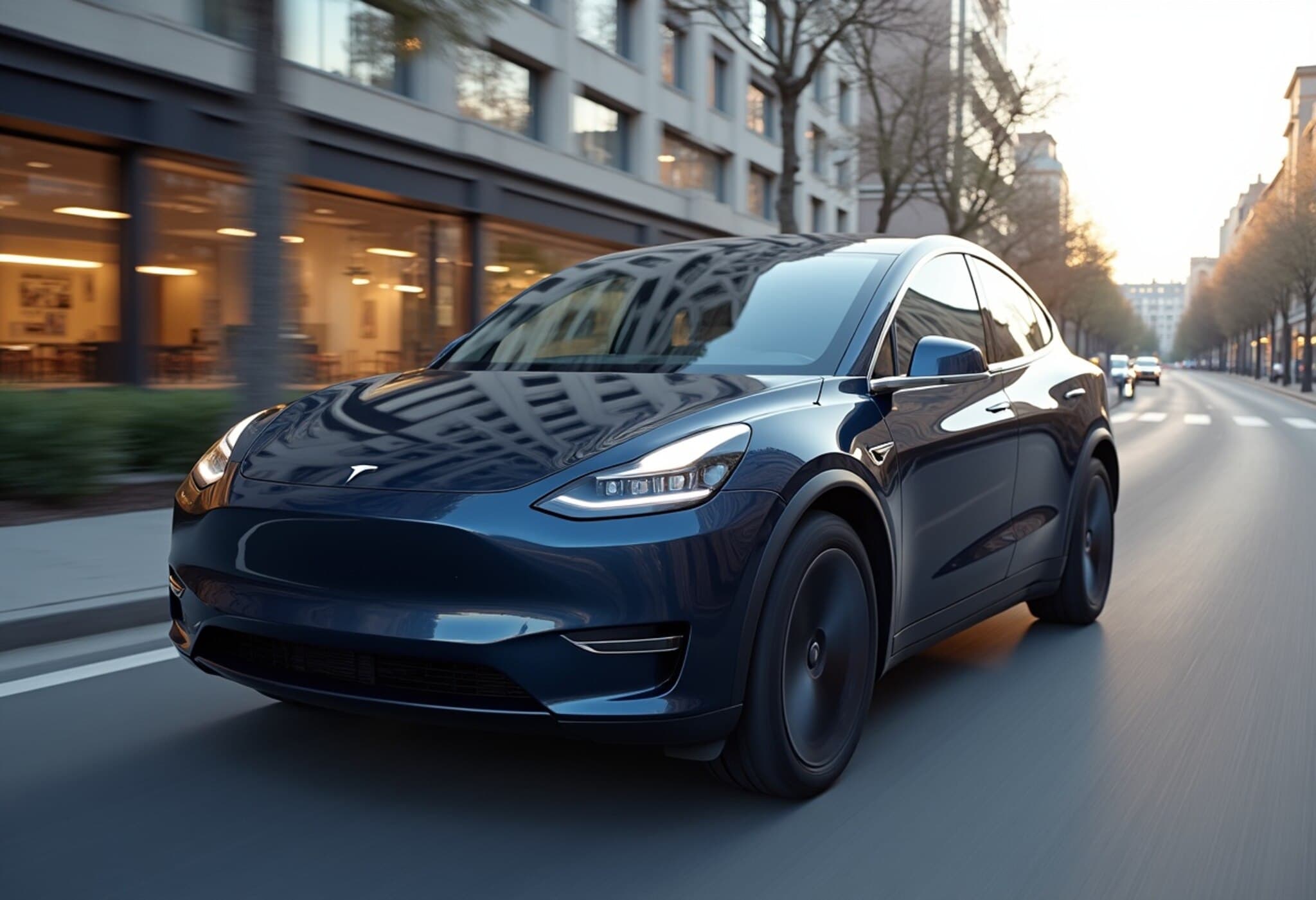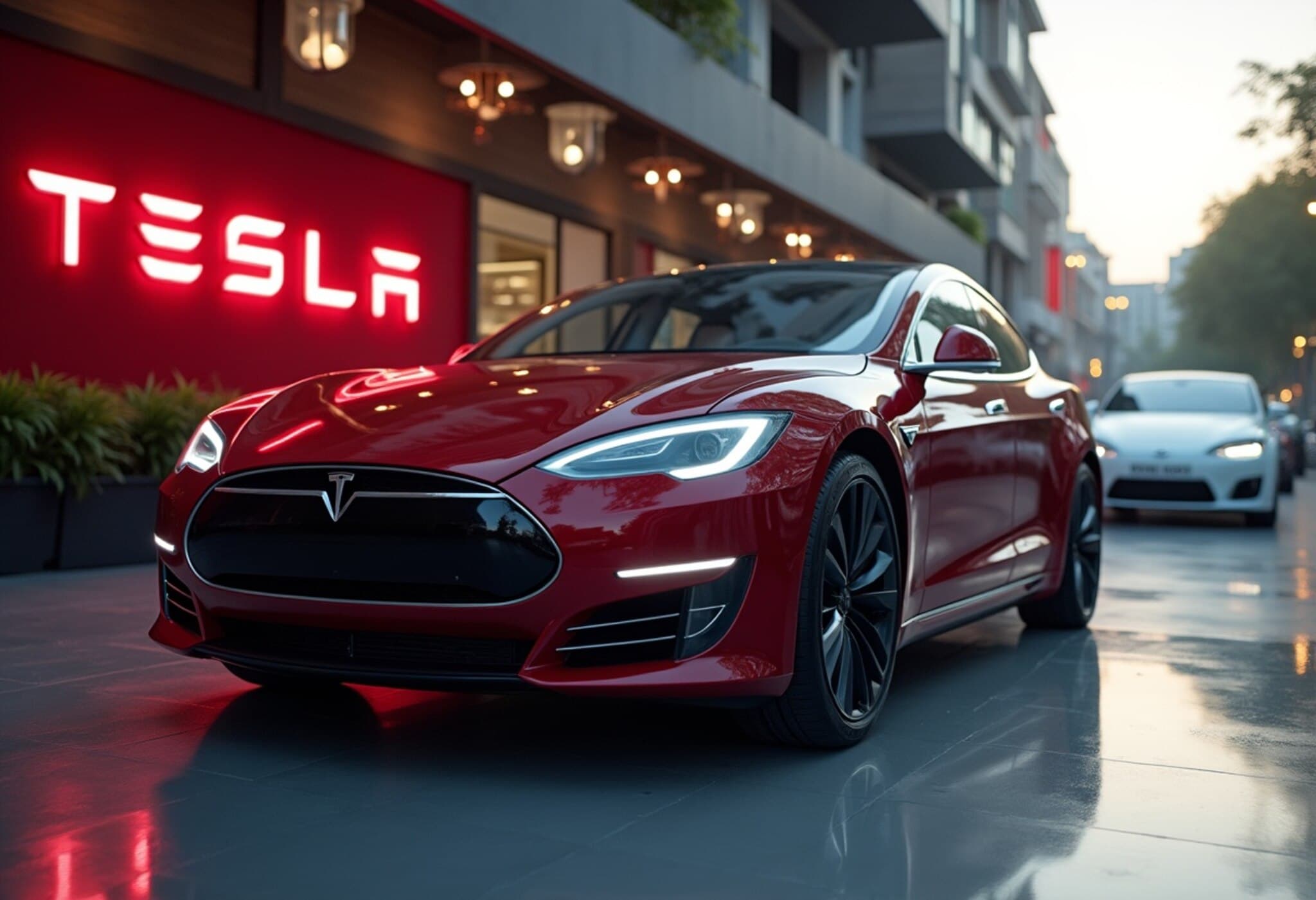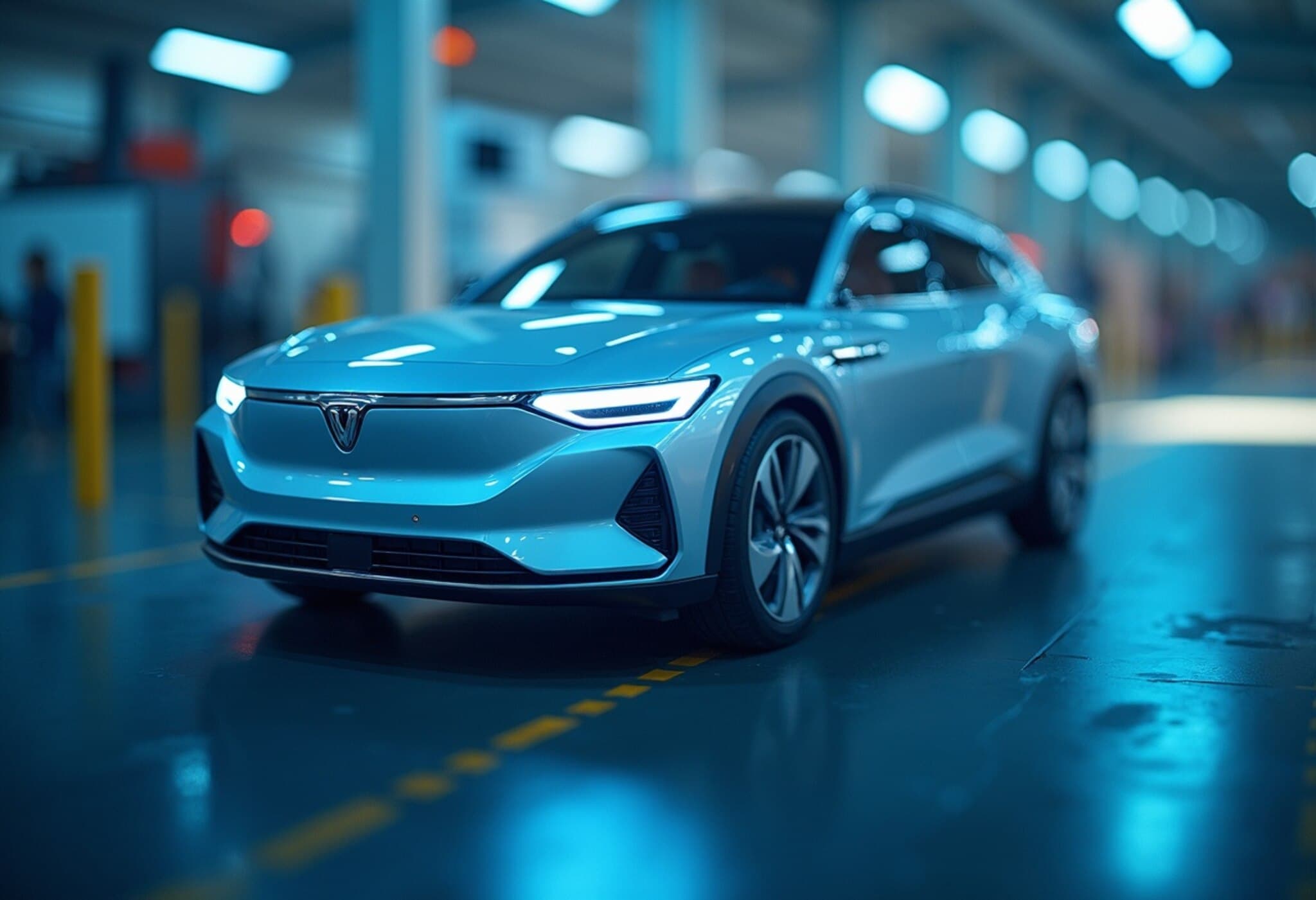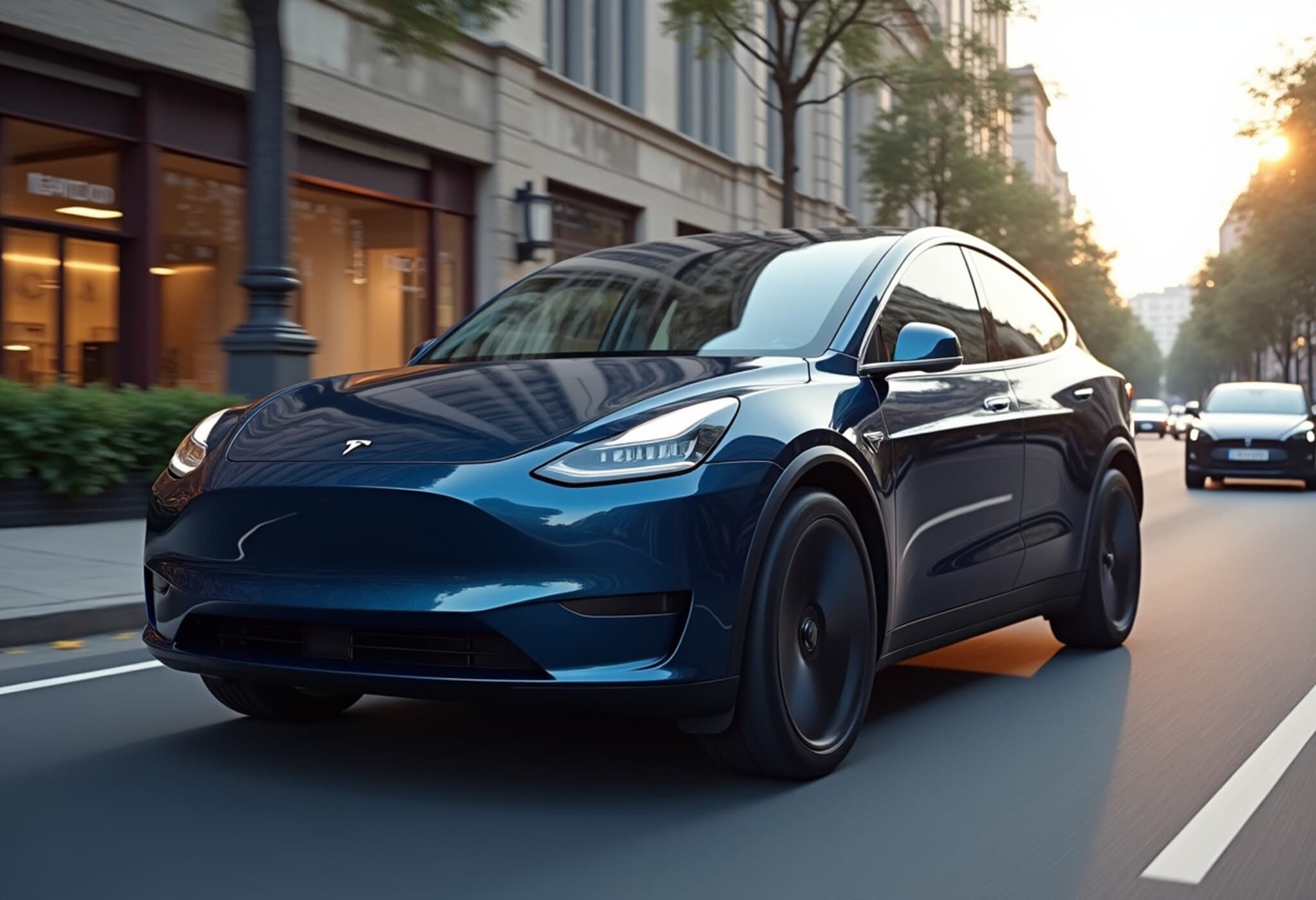Automotive Suppliers Set to Thrive in the Emerging Humanoid Robot Market
As the world shifts toward advanced mechanical mobility, whether through wheeled vehicles or robotic legs, auto parts suppliers stand to gain significantly. Analysts foresee a new growth wave for these suppliers driven by the rise of humanoid robots—machines designed to mimic human movement and functionality.
Humanoids: A New Chapter for Auto Parts Suppliers
The development of humanoid robots is expected to reshape manufacturing landscapes much like electric and smart vehicles have done in recent years. According to expert insights, suppliers that traditionally serve the automotive industry could capture a substantial share of the burgeoning humanoid robot market. In fact, they may account for 47% to 60% of spending on parts and materials, translating to approximately $15,000 per robot in production costs.
Key Players Drive Confidence
Among these companies, several Chinese automotive suppliers are already positioning themselves at the forefront of this opportunity. Sanhua Group, for instance, intends to debut its listing on the Hong Kong stock market while continuing operations on the Shenzhen exchange. Both Tesla and Xpeng are actively developing humanoid robots, and other automakers like Zeekr and Volkswagen are experimenting with these robots inside their factories—signaling a promising demand surge for automotive-grade components.
Breaking Down the Components: Where Auto Parts Fit In
Humanoid robots require a range of parts, and automotive suppliers excel at producing modules integral to mobility—like actuators serving as robot 'muscles' and joints. Conversely, components such as screws, bearings, or highly specialized electronics fall under different supply chains, often supplied by machinery or tech firms.
Market Outlook and Projections
By 2050, the global humanoid robot market could swell to a staggering $5 trillion, with China contributing about $800 billion. Given the early stage of this market, there’s a preference for established "tier-1" suppliers capable of securing assembly contracts regardless of the evolving technological paths within humanoid robotics.
Morgan Stanley's Top Chinese Suppliers to Watch
- Tuopu: Specializes in actuators pivotal for robotic movement. Despite some softness in Tesla orders, the company’s stock shows nearly 39% upside potential, driven by expanding demand for actuator modules globally.
- Sanhua: Recently upgraded to overweight with a target price implying 20% gains. Its role in electric vehicle parts supports its expected growth in humanoid actuator modules. Additionally, Sanhua’s strategic plant in Thailand aims to buffer geopolitical risks.
- Xusheng: Upgraded to equal weight, Xusheng supplies casting and torso components vital for humanoid robotics. Though revenue growth is expected to be modest, it remains well-positioned as electric vehicle sales rise.
Challenges Remain: Industry Scale and Geopolitical Risks
Despite promising outlooks, uncertainties linger. The pace and scale of humanoid robot adoption are still unknown, making it unclear how quickly auto parts suppliers can transition to robot manufacturing fully. Furthermore, trade tensions—particularly between the U.S. and China—may force suppliers to consider costlier alternatives or face supply chain disruptions.
Conclusion
Chinese auto parts suppliers stand on the cusp of a significant opportunity as humanoid robotics take center stage in technological evolution. Their expertise in mechanical components positions them advantageously to shape this emerging market, potentially replicating the success witnessed during the growth of electric and smart vehicles.

